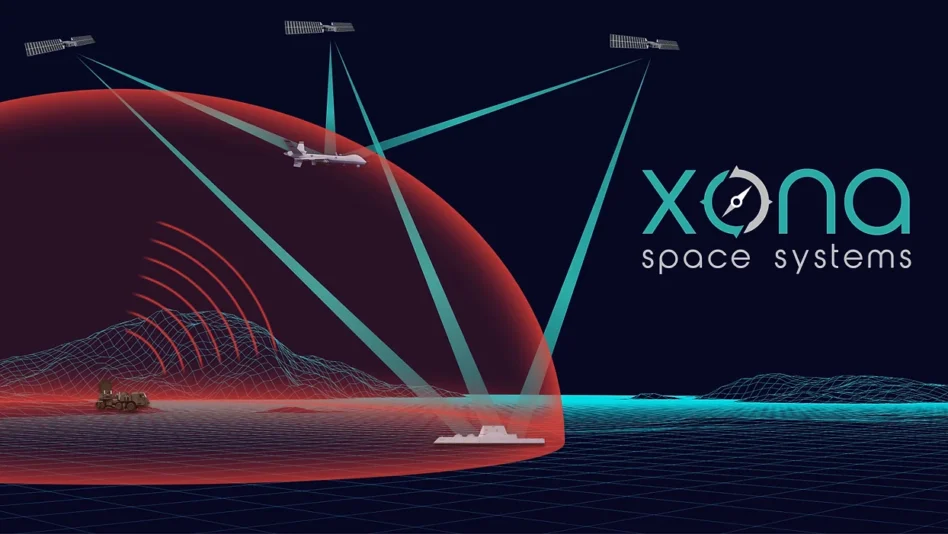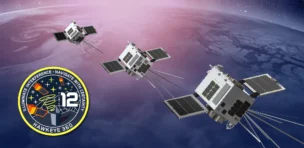Xona Space Systems is working to build an alternative to GPS in LEO, and it’s just secured an additional $19M to make that goal a reality.
Future Ventures and Seraphim Space led the funding round, which also included participation from new investors NGP Capital, Industrious Ventures, Murata Electronics, Space Capital, and Aloniq.
“Waiting for GPS to fail, or for hostile powers to spoof it, is not an option for our security or commercial industries,” Rob Desborough, general partner at Seraphim Space, said in a release. “Xona and the pioneering team are executing on building the GPS the modern era needs and we’re delighted to continue to support their transformative vision.”
Ready to fail: If we were to rank space technologies by their importance to daily life here on Earth, large global navigation satellite systems (GNSS) like GPS and its counterparts would probably take the #1 spot. But these government-run systems, consisting of very large, mostly very old satellites in MEO, are also potentially vulnerable sitting ducks should conflict come to the space domain.
The legacy systems were also built for a time that required less precision in positioning, navigation and timing. Modern applications such as autonomous driving—and other autonomous systems—call for modern solutions, including centimeter-level precision.
Xona’s solution: By using a larger fleet of position, navigation, and timing (PNT) satellites in LEO, Xona aims to vastly increase the accuracy of satellite navigation services for autonomous applications. Its planned 258-bird Pulsar constellation is aiming to be the first commercial GNSS to hit the US market.
With this funding round, Xona plans to begin beta operations on Pulsar. The company has contracted Aerospacelab to build its first commercial satellite, but there’s no word yet on when it will be delivered.




